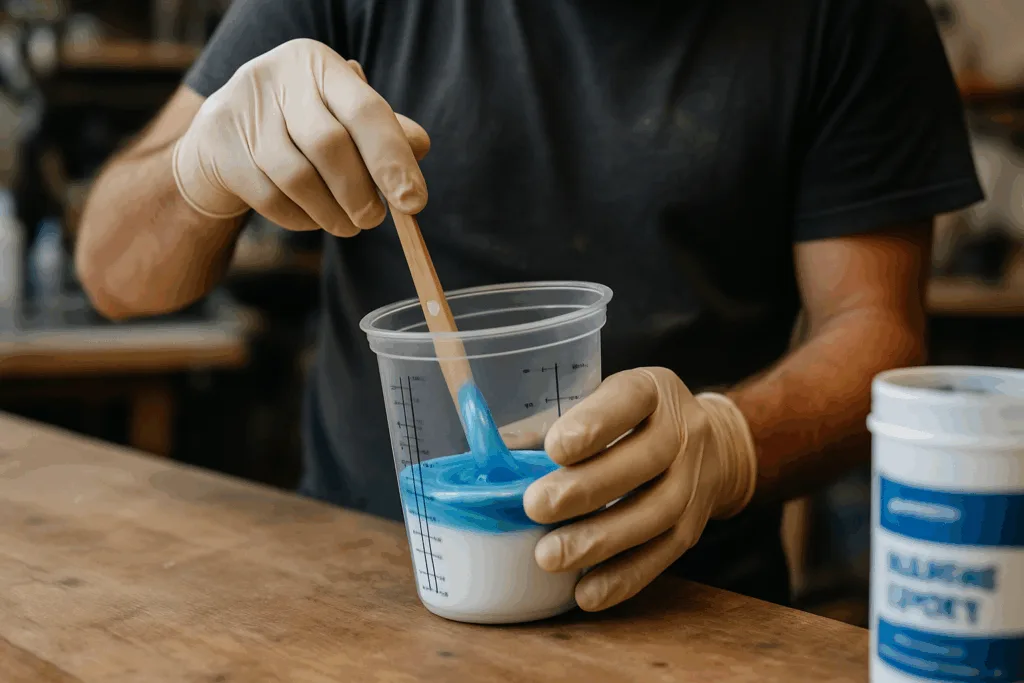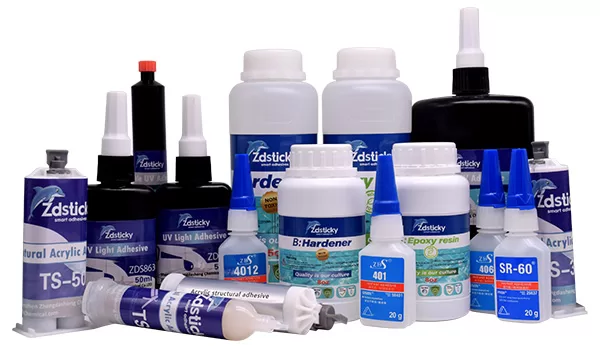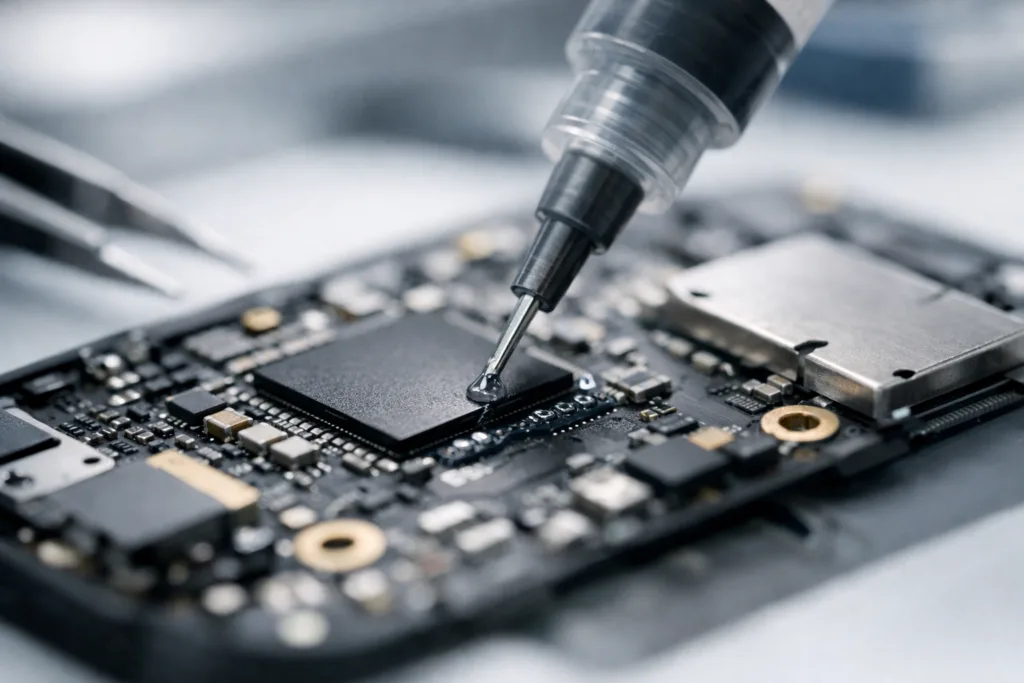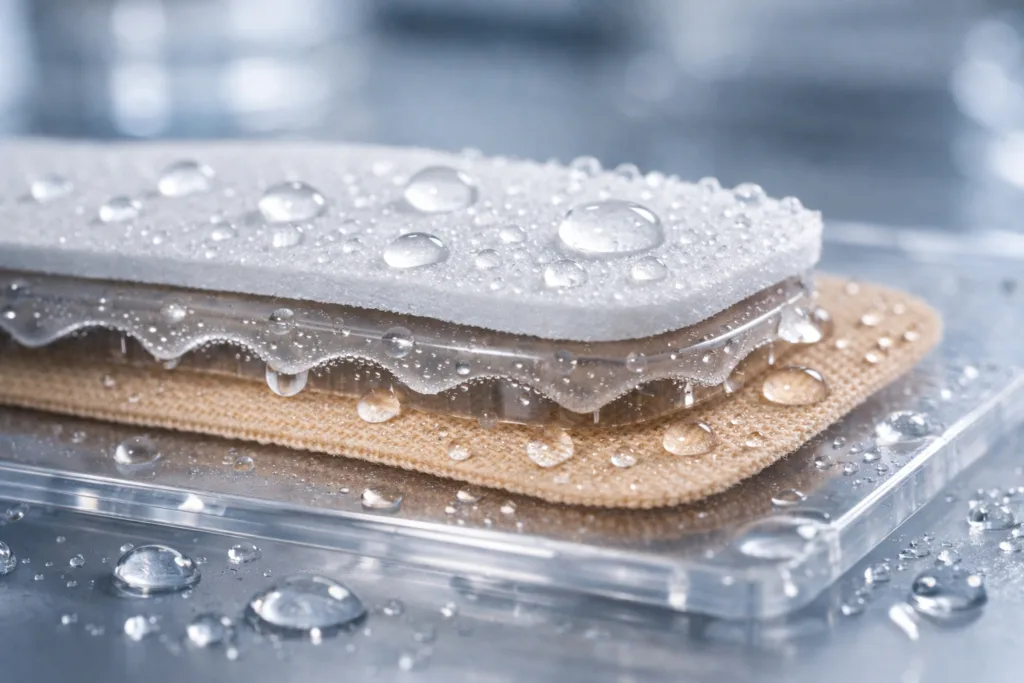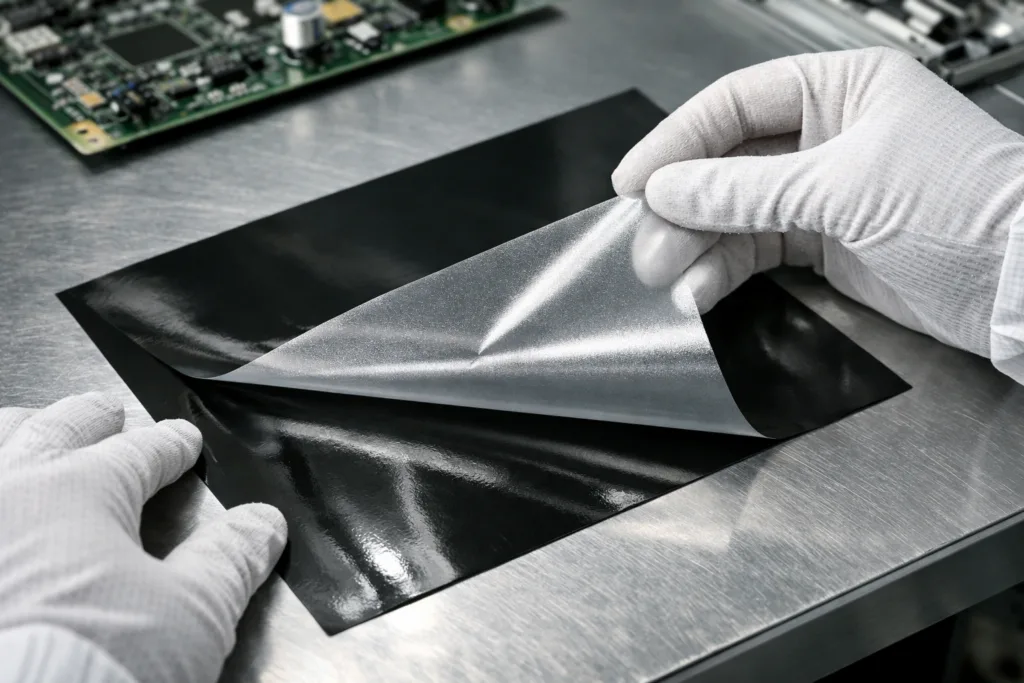Introduction to Boat Repair Adhesive Application
Ensuring a watertight and robust bond in marine environments requires the right adhesive application. Boat repair can be a challenging task, especially when it involves adhesives that play a critical role in maintaining the integrity and safety of the vessel. Using the correct application techniques is essential to avoid common pitfalls that could jeopardize the repair process.
Common Mistakes in Boat Repair Adhesive Application (and How to Avoid Them)
Understanding what can go wrong during adhesive application is the first step in preventing failures in boat repairs. Here, we explore some of the frequently encountered mistakes and how to counteract them effectively.
Incorrect Adhesive Selection
The choice of adhesive is crucial in marine applications. Selecting an adhesive that is not suitable for the materials or the environmental conditions can lead to bond failure.
- Ensure the adhesive matches the material specifications (e.g., wood, fiberglass, metal).
- Consider environmental factors like temperature, humidity, and UV exposure.
Inadequate Surface Preparation
Poor surface preparation is a leading cause of adhesion failure. Surfaces must be clean, dry, and free of contaminants.
- Thoroughly degrease and abrade surfaces as needed.
- Remove old adhesive residues and ensure a surface roughness suitable for bonding.
Improper Mixing of Two-Part Adhesives
For adhesives requiring mixing, precision is key. Failing to mix properly can affect cure properties and bond strength.
- Always follow the manufacturer’s instructions for mixing ratios.
- Use static mixers for consistent blending, especially with ZDS two-component systems.
Application Errors
The way adhesive is applied can significantly affect its performance. Insufficient adhesive coverage or improper application can result in weak bonding.
- Apply evenly across the bonding area to prevent air bubbles or gaps.
- Control bead size to ensure optimal bond line thickness.
Ignoring Cure Times and Conditions
Every adhesive has a specific cure time and conditions; neglecting these can lead to suboptimal bond strength.
- Adhere to recommended cure time, temperature, and humidity conditions.
- Use clamping to maintain uniform pressure during the curing process.
Failing to Consider Adhesive Shelf Life
Expired adhesives may lead to poor performance in repairs.
- Check the expiration date and storage conditions.
- Store adhesives as per manufacturer recommendations to extend shelf life.
Overlooking Environmental Impact
Marine adhesives must withstand harsh environments; thus, ignoring this can lead to premature failure.
- Choose adhesives with proven resistance to saltwater, UV, and temperature variations.
- Verify compliance with marine adhesive standards such as ASTM B117 for salt spray resistance.
Comparative Overview of Adhesives for Marine Use
| Adhesive Type | Substrates | Properties | Best Uses |
|---|---|---|---|
| Epoxy | Wood, Metal, Fiberglass | High strength, water-resistant | Structural bonding |
| Polyurethane | Wood, Composites | Flexible, impact-resistant | Deck and hull bonding |
| Silicone | Glass, Metal | Weather resistant, flexible | Sealing and glazing |
Conclusion
Successful boat repair adhesive application necessitates meticulous attention to detail, from selecting the correct adhesive type to proper surface preparation and precise application techniques. ZDS offers a range of high-performance adhesives fit for various marine repair needs. Preventing common errors ensures both reliability and longevity in boat repairs, safeguarding against the harsh marine environment.
Frequently Asked Questions
What is the best adhesive for marine repair?
Epoxy adhesives are often ideal for marine repair due to their high strength and water resistance.
How can I prepare surfaces for boat adhesive application?
Degrease and sand the surfaces to ensure they are clean and rough enough for bonding.
Why is correct adhesive curing important?
Proper curing ensures maximum bond strength and durability, essential for marine applications.
Can old adhesive be reused in boat repairs?
No, always use fresh adhesive sealed in its original packaging to ensure quality and performance.
What conditions can affect adhesive bond strength in boats?
Exposure to saltwater, UV rays, and temperature fluctuations can influence adhesive bond integrity.
Why should I use ZDS adhesives?
ZDS provides high-quality, tested adhesive solutions that stand up to the demanding requirements of marine environments.

